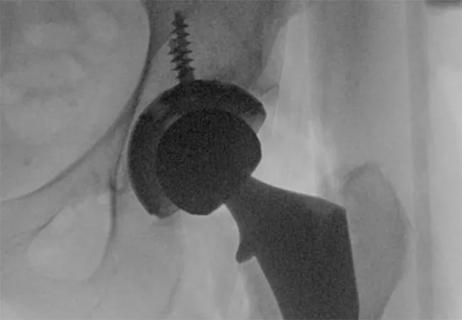Tag debug info: client: {"assets":{},"datasets":{},"live":{},"projects":{},"users":{},"observable":{"assets":{},"datasets":{},"live":{},"projects":{},"users":{}}} Now: 1770488146902 Cache Key: cqdTagPageBySlug:total-hip-arthroplasty-tha fetchCache[cqdTagPageBySlug:total-hip-arthroplasty-tha].expirationTime: falsey fetchCache[cqdTagPageBySlug:total-hip-arthroplasty-tha]. seconds remaining: falsey All fetchCache expiration times: -- Key: cqdNotFoundPage, seconds remaining: 7455 -- Key: cqdTagPageBySlug:chronic-lower-back-pain-clbp, seconds remaining: -2454 -- Key: cqdPostsByTag:cqd-migrated-tag-21760,1,10, seconds remaining: -2381 -- Key: cqdTagPageBySlug:pillow-study, seconds remaining: -922 -- Key: cqdPostsByTag:cqd-migrated-tag-2001,1,10, seconds remaining: -868 -- Key: cqdTagPageBySlug:american-nurses-credentialing-center-ancc, seconds remaining: 16 -- Key: cqdPostsByTag:cqd-migrated-tag-2751,1,10, seconds remaining: 86 -- Key: cqdTagPageBySlug:nursing-research-conference, seconds remaining: 3106 -- Key: cqdPostsByTag:cqd-migrated-tag-17037,1,10, seconds remaining: 3158 -- Key: cqdTagPageBySlug:diabetic-retinopathy, seconds remaining: 3349 -- Key: cqdPostsByTag:cqd-migrated-tag-18751,1,10, seconds remaining: 3413 -- Key: cqdTagPageBySlug:eric-roselli, seconds remaining: 3627 -- Key: cqdPostsByTag:cqd-migrated-tag-962,2,10, seconds remaining: 3691 -- Key: cqdTagPageBySlug:depression, seconds remaining: 7455 -- Key: cqdPostsByTag:cqd-migrated-tag-784,1,10, seconds remaining: 7502 -- Key: cqdTagPageBySlug:pediatric-cancer, seconds remaining: 7718 -- Key: cqdPostsByTag:cqd-migrated-tag-18400,1,10, seconds remaining: 7748 -- Key: cqdTagPageBySlug:video, seconds remaining: 8842 -- Key: cqdPostsByTag:cqd-migrated-tag-105,1,10, seconds remaining: 8894 conditions: -- false, -- NA, -- NA, -- NA -- false Cache miss for key cqdTagPageBySlug:total-hip-arthroplasty-tha - retrieving from Sanity CCCache.dataFetchCount: 13061 Cache cleanup seconds remaining: 27455
Advertisement
Advertisement
Tag: total hip arthroplasty (THA)
How it’s similar but different from the direct anterior approach
Should surgeons forgo posterior and lateral approaches?
Multidisciplinary care can make arthroplasty a safe option even for patients with low ejection fraction
Insights to help orthopaedic practices comply with the 2025 CMS mandate
Advertisement
Cleveland Clinic is a non-profit academic medical center. Advertising on our site helps support our mission. We do not endorse non-Cleveland Clinic products or services. Policy
Dr. Piuzzi wins 2025 Kappa Delta Young Investigator Award for pioneering work
Fellows’ research shows quality of arthroplasty training
For patients with anatomic abnormalities, substantial bone loss and pre-existing hardware
Cleveland Clinic orthopaedic surgeons share their best tips, most challenging cases and biggest misperceptions
Patients with early failure of total hip arthroplasty have worse function after revision than patients with later failure
How it actually compares to posterior and lateral approaches
Rendered: Sat Feb 07 2026 18:15:47 GMT+0000 (Coordinated Universal Time)
9500 Euclid Avenue, Cleveland, Ohio 44195 |
800.223.2273 | ©
2026 Cleveland Clinic. All Rights Reserved.









